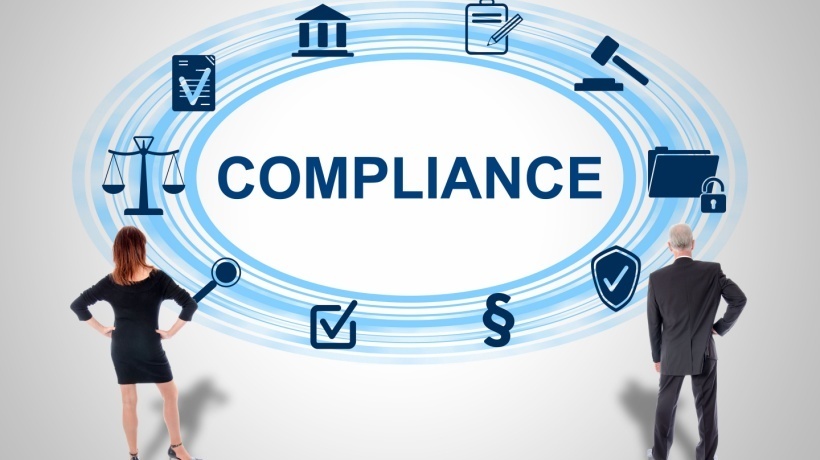What To Avoid In Case Of A Compliance-Related Scandal
Those who attended FanX (previously called Salt Lake Comic Con) in September 2016 were treated to complimentary plastic yellow bags and bookmarks heralding the release of Michael Vey 6: Fall of Hades. Self-proclaimed "Veyniacs" crowded to have previous volumes in the series signed by creator Richard Paul Evans.
Evans has been a staple on the New York Times bestseller list since the publication of The Christmas Box 25 years ago. Before his success with the teenage crowd, he mostly produced cheesy but heartwarming romances that garnered critical acclaim and several made-to-television movies. If you read one of his books or saw the movie adaptations, you’d likely feel a vague sense of approval towards him as a person. There’s something inherently virtuous-seeming about creating wistful fodder for Hallmark movies for a living.
But a recent discussion about Evans making female authors and guests at FanX uncomfortable [1] has caused the FanX community to question his behavior. Initial allegations against the author were ignored by FanX founders Bryan Brandenburg and Dan Farr, and an investigation wasn’t conducted for several months. When the situation was made public, things quickly deteriorated as various FanX representatives made and retracted contradictory statements, confronted and doxed critics, and generally made a mess through defensive and poor reactions.
Potential FanX attendees are not impressed. Among heavy continued criticism of the convention, a boycott has been suggested. Some celebrity guests have canceled their appearances [2]. This loss of fans and revenue could have been avoided if only Brandenburg and Farr had reacted differently.
What Should You Do If Your Co-Worker Or Employee Is Involved In A Compliance-Related Scandal?
To those of you whose employees, co-workers, or business associates are being faced with a compliance-related scandal (OSHA violations, unethical practices, sexual harassment, and so on and so forth): we get it. These people are your peers, colleagues, mentors, mentees, and friends. It’s natural to want to defend them, especially since in some ways defending them is defending your own judgment in associating with them. But you shouldn’t and you can’t.
You must be neutral [3]. You will hurt your own and your organization’s personal and professional images if you fall back on denial, excuses, or casual dismissal. You can’t afford to get defensive; you can’t allow yourself to shoot off your mouth. You must let things take their course. If the person embroiled in the scandal is someone over whom you have any power, authority, or jurisdiction, you may have to remove yourself from the situation to make sure that it’s taken care of fairly.
What Should Your Organization Do?
When a compliance-related scandal arises, your organization must do the following:
- Take accusations seriously
- Conduct an investigation
- Keep identities private
- Make real apologies
- Willingly and voluntarily make necessary changes through training
Unfortunately, FanX botched every one of these steps. They failed to act when they were first alerted to the situation, and the good faith of their delayed investigation is being questioned by the court of public opinion. They’ve done a poor job protecting the identities of those involved. Their apologies have been belied by continuing insensitive remarks, and their attempts to adopt compliance training appear as a disingenuous response to get critics off their backs. When Brandenburg announced a leave of absence, the response was lukewarm. Author Robison Wells commented, "It feels very much like a half-measure like they’re patting us on the head and asking us to say all is forgiven".
What Happens If You Handle Things Poorly?
If your organization is associated with someone involved in a compliance-related scandal and fails to address the situation, you have a lot to lose. At best, you and your colleagues will lose your livelihood when your consumers make their displeasure known. At worst, you’ll lose your reputations, and you’ll always be haunted by your failure to react appropriately.
Don’t let this happen to you. When there’s an accusation, respond with an immediate investigation. Keep identities under wrap throughout the process. Once you know what happened, make any necessary apologies to those who were harmed and ensure your actions align with the apologies. And as you proactively try to implement change, look to custom corporate compliance training to help.
References:
- Richard Paul Evans/FanX Harassment Timeline
- Salt Lake FanX co-founder apologizes for his response to sexual harassment questions
- The Importance of Neutral Third Party Investigations









